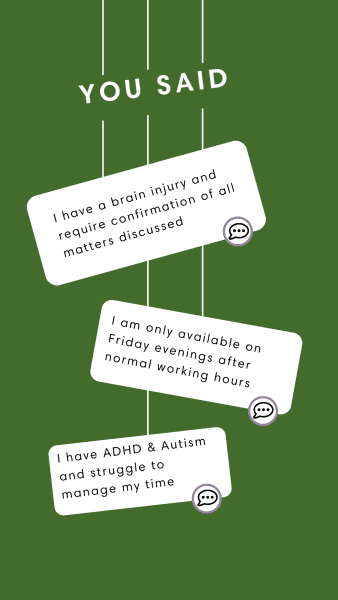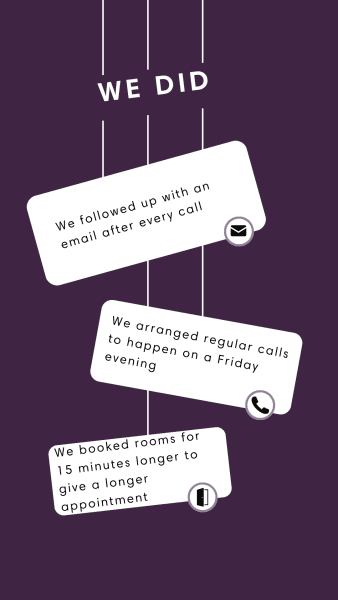Men’s service
Domestic abuse happens across society and in all communities. 1 in 6 men will experience domestic abuse in their lives. Domestic abuse leaves you feeling scared and isolated, and whatever form it takes domestic abuse is never acceptable.
Men’s Service
We understand men experience domestic abuse. Our specialist Men’s Community Practitioners are here to help you reduce your risk of harm from abusive relationships, recover and improve your overall well being.
We offer practical help that is tailored to your needs, such as support to put a safety plan in place, explore housing options or access legal advice. We can also offer help to support you to recover from your experiences of domestic abuse through one to one sessions and group work.
To access support visit our get help page.
Further reading and information
More information about our work with
Men who have experienced domestic abuse can be found in our Men’s Handbook and our Policy.
Service-User Group
We run regular Service-User Groups to learn more about men’s experiences of domestic abuse to be able to work with you to ensure our help and support is right.
Feedback from the Men’s Service-User Group is valuable, over the last twelve months we have learnt about the below themes which we are building into our support;
- Improve health professional’s knowledge of men’s experience of domestic abuse.
- Be clear who we help, there is a belief that domestic abuse services are not for men.
- Peer support groups.
- Services need to have greater awareness of inter-generational abuse, eg son or daughter to father.
For more information about how to get involved in our Service-User Groups please see our Volunteer Page.
You Said, We Did
At the heart of our work with the Men’s Service User Group is a commitment to truly listening, understanding individual needs, and working collaboratively to remove barriers to support. We believe that meaningful engagement begins with valuing feedback and turning it into action.
A key part of this approach is our “You Said, We Did” initiative. One service user shared that he often found it difficult to keep track of his appointments, and asked if there was a way to be reminded of them. In response, his Community Practitioner set up automated email reminders via a shared Outlook calendar, sent 24 hours before each meeting.
This simple yet effective solution helped the service user feel more organised and could plan effectively. He reported that being able to plan ahead and not be worried about trying to remember appointments allowed him to concentrate more fully on his children, which in turn had a positive effect on his mental health.
This is just one example of how we’re actively responding to feedback and tailoring our support to meet individual needs. Below are further ways we’ve responded to feedback — each rooted in our values of being inquisitive and working collaboratively with service users to shape meaningful support.




